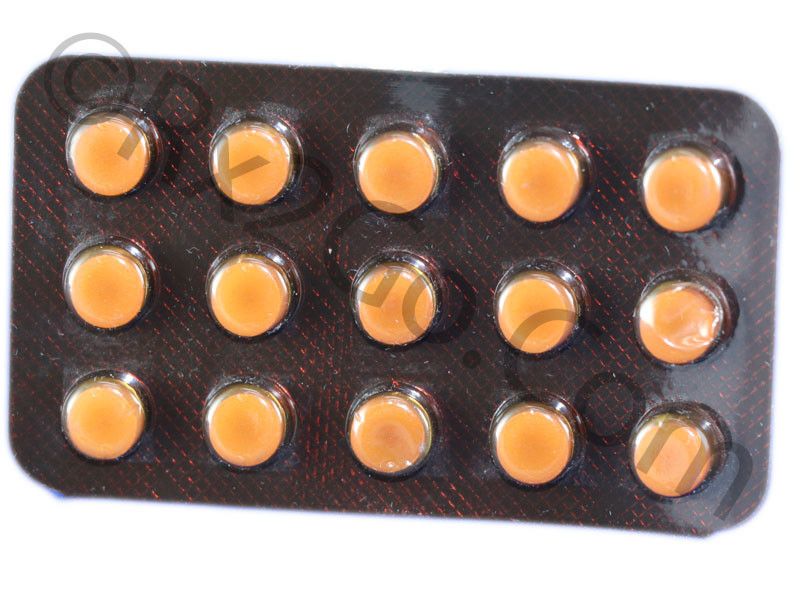Medication that Improve Blood Supply & Oxygen to the Muscle of the Heart

- Angina (chest pain): – It is a discomfort due to an inadequate supply of oxygen to the heart muscle. It feels like squeezing in your chest. The pain may extend to shoulders, arms, neck, jaw or back.
- High blood pressure: – It indicates the increased pressure of blood in the blood vessels. High blood pressure for a long time may lead to many heart problems like heart attack, stroke etc.
Nifedipine treats high blood pressure & Angina. It helps to prevent other heart disease related to above conditions.
How does Nifedipine work?
Nifedipine belongs to a class of medication called calcium channel blocker (CCBs). Calcium is an important component that heart muscle needs to contract. The contraction causes chest pain called angina.
Nifedipine blocks the supply of calcium going to the muscle in the heart and blood vessels. This relaxes the muscles. Relaxed muscles allow more supply of blood and oxygen to the heart. It reduces the blood pressure. Low blood pressure help to reduce the efforts of heart to pump more and too fast. All these conditions avoid further damage and possibilities of heart disease.
How to take Nifedipine?
Nifedipine is available in the form of a capsule. The strength of capsule is 10 mg and 20 mg. The dose depends on the condition of the patient.
Adult Dosage: –
- Initial dose: – 30 mg in a day.
- Maximum dose: – 90 mg in a day.
- Maintenance dose: – 30-60 mg in a day.
Comments: –
- Your doctor may adjust or increase your dose at a period of 7-14 days.
- Decrease the dose slowly to stop treatment. This will avoid withdrawal symptoms.
- Take the medicine on an empty stomach.
- Take the capsule around the same time every day.
Children: – safety and efficacy have not been established in patients younger than 18 years.
What are the uses of Nifedipine?
- Nifedipine treats high blood pressure.
- Helpful in the treatment of angina.
- Relax the muscles of the heart.
- Improve blood supply and oxygen to the muscle of the heart.
- Allow easy flow of blood through the vessels.
- Used as an agent that delays premature labor.
- Raynaud’s phenomenon is often treated with the above drug.
- It included treatment of painful spasms of the esophagus (as in cancer or tetanus).
- Your doctor may prescribe it for some other use.
What are the precautions in taking Nifedipine?
- Discuss the risk against the good, Nifedipine will do. Inform your doctor if you have/are.
- Allergic to Nifedipine.
- Any other allergies you have.
- Heart problems.
- Liver problems.
- Kidney disease.
- Dental or any other surgery.
- Pregnant or breastfeeding.
- Be cautious when you do a work that needs to be aware. The drug may make you feel dizzy.
- Tell your doctor about all other medications you take.
- Limit use of alcohol.
Cost of Nifedipine (Generic & Brand)
Generic medicines are cheap & effective as brand drugs. They do not include huge expenditure like research and development. The difference in their price lies in the money, time & effort put towards the marketing of the brand. They both show the same effect.
Cost of Generic Nifedipine.
- Pack of 60 caps of 10 mg costs $ 13, cost of per unit is $ 0.22.
- Pack of 40 caps of 20 mg cost $ 69, cost of per unit is $ 0.77.
Cost of Brand Procardia.
- Pack of 100 capsules of 10 mg costs $ 295.26, cost of per unit is $ 2.95.



